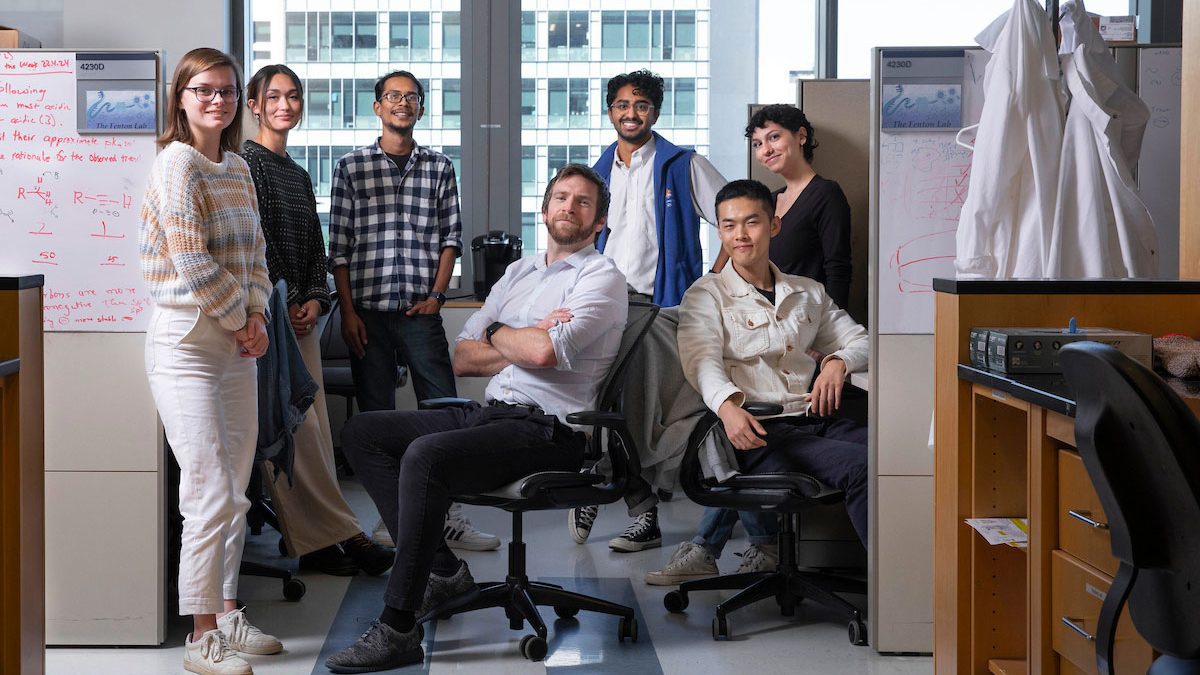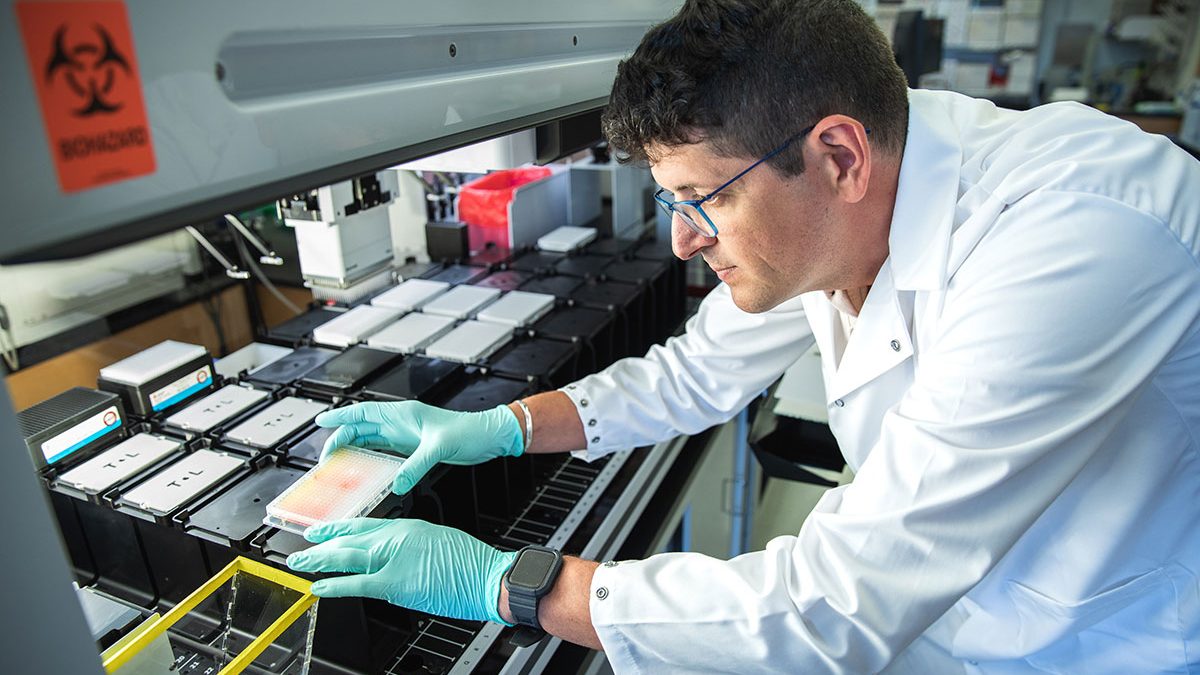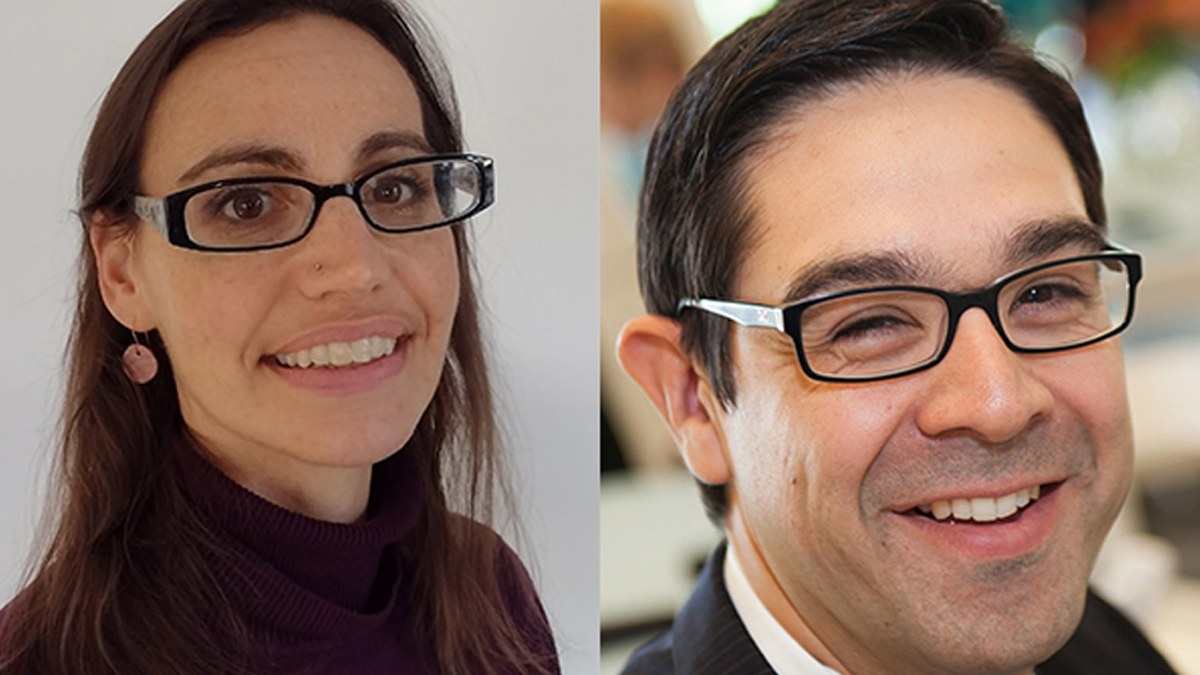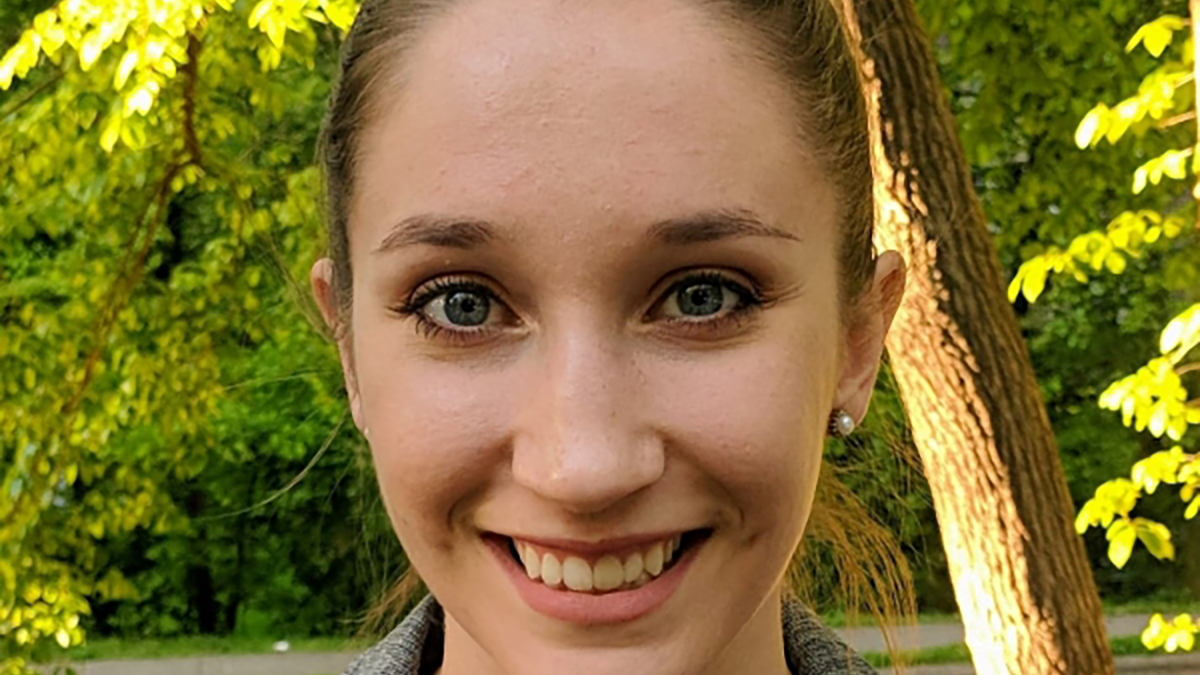Bringing the dark proteome into the light
Published on February 21, 2023A Q&A with Tim Willson, the inaugural Harold Kohn Distinguished Professor in Open Science Drug Discovery
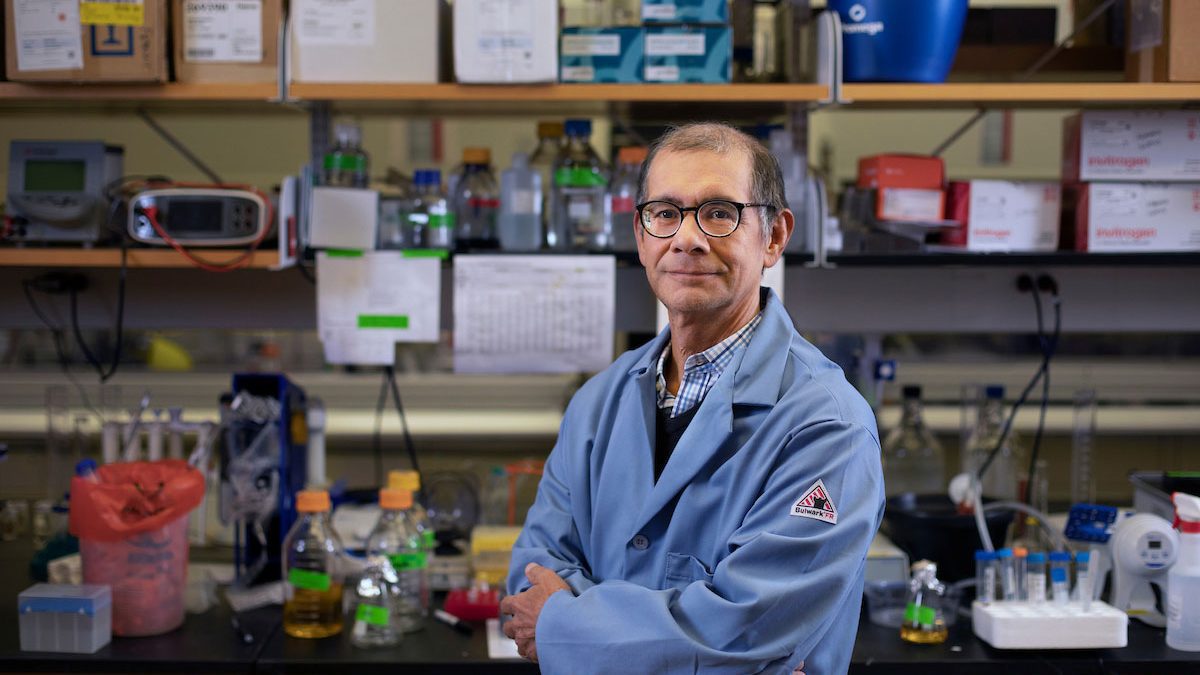
A Q&A with Tim Willson, the inaugural Harold Kohn Distinguished Professor in Open Science Drug Discovery
Tim Willson, the inaugural Harold Kohn Distinguished Professor in Open Science Drug Discovery, trained as an organic chemist and moved from the U.K. to the U.S. to join GlaxoSmithKline. He worked at GSK for almost 30 years; his last role was director of chemical biology.
“I participated in discovering a couple of drugs, but my research interests drifted toward trying to find new targets for drug discovery,” said Willson. “As part of that, I became involved in the Structural Genomics Consortium.”
GSK was one of the founding members of the Structural Genomics Consortium (SGC), a public-private partnership forged to conduct early basic research in finding new drug discovery targets — and then share that information with the world.
“The SGC was pure open science,” said Willson, who was the SGC board member for GSK.
When GSK consolidated their research sites in one location outside Philadelphia, Willson took the opportunity to move his lab from pharma to academia. With support from the UNC Eshelman School of Pharmacy and UNC Lineberger Comprehensive Cancer Center, Willson and key members of his lab moved to the pharmacy school under the umbrella of open science, making Carolina home to the U.S. site of the SGC.
We spoke with Willson after he was named the inaugural Harold Kohn Distinguished Professor in Open Science Drug Discovery.
What research takes place in the Willson Lab?
We call the proteins encoded by the human genome that are not currently being studied — like 80% of them — the dark proteome, and we use chemical biology to set up screens and find molecules that locate and inhibit members of that dark proteome. When we find a potent selective inhibitor, we study the role of that protein in cells and animals to try and figure out if it is involved in an important disease process. If it is, then we make that information available to the public domain to stimulate more research in the future, help people find more targets for drug discovery and ultimately find new medicines.
What have you discovered so far?
At the beginning of the pandemic, we pivoted to look for drug targets to treat COVID-19 and started collaborating with the virologists here. We actually found a couple of interesting enzymes — which when we inhibit them with our molecules, they actually shut down the replication of the virus. We published that information and made it available to the world. I’m quite proud of how rapidly we made progress on that one.
What does it mean to you to be named the Harold Kohn Distinguished Professorship in Open Science Drug Discovery?
Whatever we discover in my lab, we have committed not to file for patents — that’s almost unique in biomedical research. And the University has agreed and is supporting us in that mission, recognizing that this is something that will benefit the entire field of drug discovery. The most exciting thing about this professorship is that it embeds open science in the Eshelman School of Pharmacy, so the University will always have a focal point to continue this mission of using open science to move forward the field of drug discovery.

